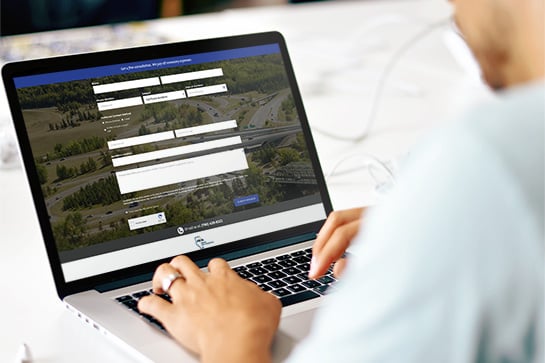Calculating Loss of Future Earning Capacity
There are many different types of damages that you can be compensated for after you are injured in an accident, including your pain and suffering, the cost of future care and ongoing medical treatments that you will require, and any loss of income you have experienced up to the time of trial.
But what about the reduction in your income going forward after the trial? What happens if you are no longer able to return to your old job because of your injuries, can no longer pursue a career that you have been working toward, or miss out on an economic opportunity? Continue reading
